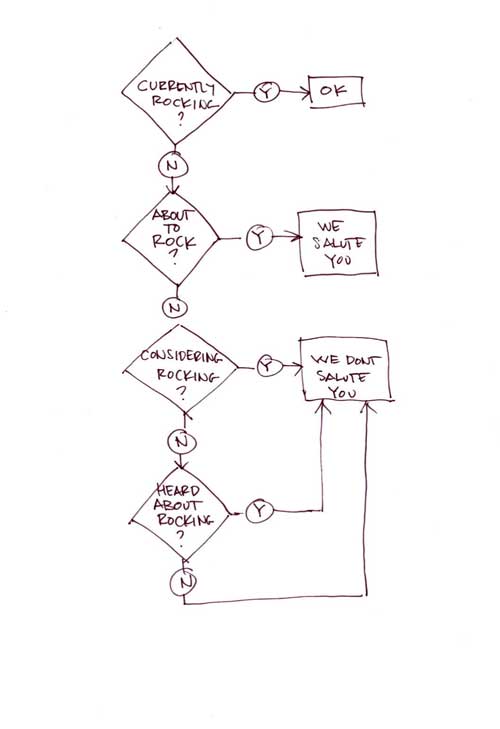In Michael’s previous post on the subject, he points out that entertainment industries have yet to figure out how to adapt to new media. Everything we’ve seen from media companies, whether it be film, television, music, or books, has been part of an attempt to restrict access to content. How silly is that? Media companies are stuck in a model that says, essentially, “the less people see our product, the better.”
The counterargument is that these companies are not restricting content for people willing to pay, but that’s not necessarily true. E-books are a case in point.
If a book has been published in the United States, there’s a good chance a large library system will have a copy for checkout. I live in New York City, which has not one, but three public libraries run by the city. The New York Public Library, serving Manhattan, The Bronx, and Staten Island is a gigantic repository of books. If you want to read something, it can be reserved online and when a copy becomes available, it is sent to a branch of your choice for pickup. It’s a remarkably convenient system, and this comes from an institution operating on a gutted budget.
Libraries have always been repositories of free content that book publishers have been willing to live with. But the e-book model is changing the relationship publishers have with public libraries.
When a popular book comes out, libraries have to buy many copies to keep pace with demand, just like a bookstore. As copies are worn down with use, replacements are bought, or, if demand has peaked, not replaced. Physical media demands multiple copies for multiple uses. But as libraries are setting up online libraries and warehousing content for e-readers, they are asking the obvious question, “Why should we have to purchase more than one digital file? Can’t we just host one copy on our servers and let our users download it?”
Publishers, understandably, don’t want that to happen, as open access to a library’s content would be legal piracy. So the system the two sides have come up with, and that is still being worked out, is a complicated licensing system whereby libraries pay publishers for a certain amount of checkouts. When a particular book has reached a cap, the library has to purchase more licenses. Users who have the downloaded book on their device have a limited time to read it before it erases itself from their machine. Because digital storage and transmission has completely upended the weight of content, the owners of that content are having to invent artificial barriers (that negate advances in technology) to its distribution.
Public libraries are free for its members. They do not fit into any pay model currently in use today, yet even they are now subject to the methods of an industry flailing to find its place in the 21st century.
For an example from television that breaks the pay model, one need look no further than hulu. Hulu.com has deals with all four of the major broadcast networks to carry their content online. Some of that content includes entire series runs of shows that are long off the air. It’s wonderful for anyone who loves television. But the spectre of artificial restrictions once again rears its ugly head.
The X-Files is one of the most popular shows of the 1990s. It ran for nine seasons and spawned a pair of films. All nine of those seasons are on hulu, but only for users who pay the monthly subscription fee to be part of hulu plus.
This is a television show that aired on network television, where the price to watch was paid in time, in the form of commercials, but in its online incarnation, that commitment is not good enough for the owners of the content, so the show resides behind an artificial barrier. For those not willing to pay with anything other than their time, using a torrent to steal the episodes is now more of an attractive option.
I would be willing to bet that if that content was taken out from behind hulu’s pay wall, and was interspersed with normal commercial breaks, like everything else on hulu, instances of piracy of that television show would decrease. I bet that would work with all shows. Weightless data is inherently hard to hide, and has created a new class of casual criminal. A great way to bring these people in from the dark, for movies and television, anyway, is to make content they wish to see available, and then sell ad space within it. Something like this has only been applied to relatively small amounts of content, so far. As soon as television and film companies realize more of their viewers aren’t wedded to a clock, and that they are willing to pay with their time like they always have been, that should begin to change. But hurry it up, already. I want to watch The X-Files.





